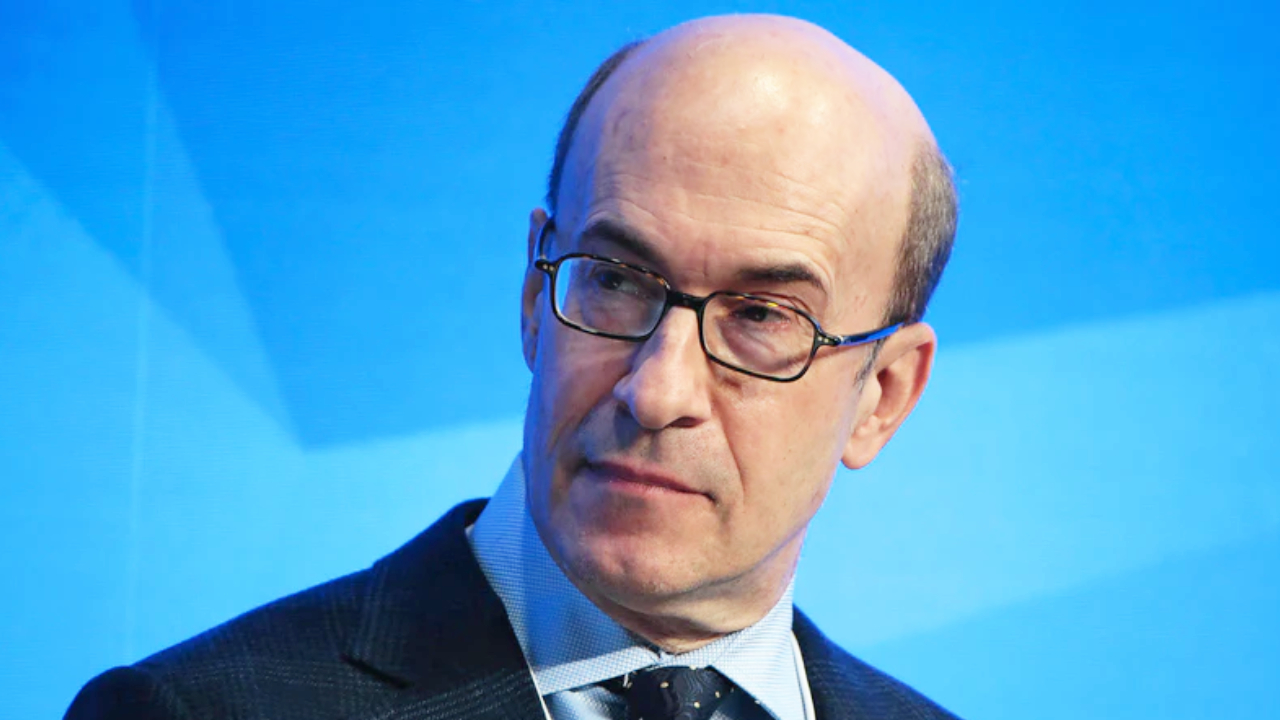Harvard professor of economics and former chief economist of the International Monetary Fund (IMF) Kenneth Rogoff says central banks won’t allow Bitcoin and other cryptocurrencies to go mainstream. “At some point in its long history the government first regulates and then appropriates, and I think we can see this happening here,” he warned.
Harvard professor’s warning about Bitcoin
American economist Kenneth Rogoff shared his views on the future of Bitcoin, its regulation and the recent bull run in an interview with CNBC TV18 last week. Rogoff is the Thomas D. Cabot Professor of Public Policy and Professor of Economics at Harvard University. From 2001 to 2003 he was also chief economist at the International Monetary Fund (IMF).
“Zero interest rates can make a lot of funny asset valuations. That’s certainly part of it, ”he replied to a question about Bitcoin’s surge in popularity and its recent bull run. “Of course there are many wealthy people and well-known financiers, often very high-profile, who have publicly said they are investing in them [bitcoin] and that gave confidence. “
Nonetheless, the economics professor warned: “But I have to say that regulation is still in its infancy – if there is no final application for Bitcoins, [and] I don’t think it will be like this [then] Ultimately, that bubble will burst, but it could take a decade. “
Given the recent surge in BTC price and the subsequent surge in market capitalization, Rogoff has been asked why central banks and governments have not put strict regulations in place to control their trades, or even banned it. “I think they’re all over it,” the professor replied, pointing out that the Bank for International Settlements (BIS), the G7 and the G20 are closely monitoring cryptocurrency. “Every central bank checks this and tries to decide what to do,” he said.
“The real problem is that it isn’t really used for a lot of meaningful transactions right now, except in war-torn states where I think people are using it to get money in and out. It’s certainly a good use, ”said Rogoff.
The economist further predicted, “As it is really starting to compete with common fiat and government currencies, I think they will hold it tight like a ton of stones. You won’t let that happen. “The economist compared Bitcoin to modern art and explained:
Right now it’s an asset class and I guess what modern art is like, but it doesn’t necessarily mean it’s mainstream. I find this extremely misleading. Central bankers will never let that happen.
A growing number of companies are investing in Bitcoin, such as Elon Musk’s Tesla, who recently poured $ 1.5 billion into the cryptocurrency, and Jack Dorseys Square, who invested $ 170 million more in BTC. Tesla will also accept Bitcoin as a means of payment in the near future. Pointing to the increasing acceptance of Bitcoin and its increasing acceptance as a legitimate means of payment, for example in the US city of Miami, Rogoff asked whether the regulation of Bitcoin would become more difficult for the governments.
“I don’t think it’s that difficult to regulate,” he replied. “I think there was a reluctance to move too quickly because there has been a lot of innovation in the cryptocurrency space and governments want to allow it.”
In conclusion, Professor Rogoff warned:
But make no mistake, governments need to keep control of taxes, crime, etc. You need to keep control of the unit of account – the currency. Yes, private innovations may come out for a while, but over the course of the long history, the government first regulates and then appropriates it, and I think we can see this happening here.
What do you think of Professor Rogoff’s Bitcoin warning? Let us know in the comments below.
Photo credit: Shutterstock, Pixabay, Wiki Commons
Disclaimer of liability: This article is for informational purposes only. It is not a direct offer or a solicitation of an offer to buy or sell or a recommendation or approval of products, services or companies. Bitcoin.com does not provide investment, tax, legal, or accounting advice. Neither the company nor the author are directly or indirectly responsible for any damage or loss caused or allegedly caused by or in connection with the use or reliance on the content, goods or services referred to in this article.

